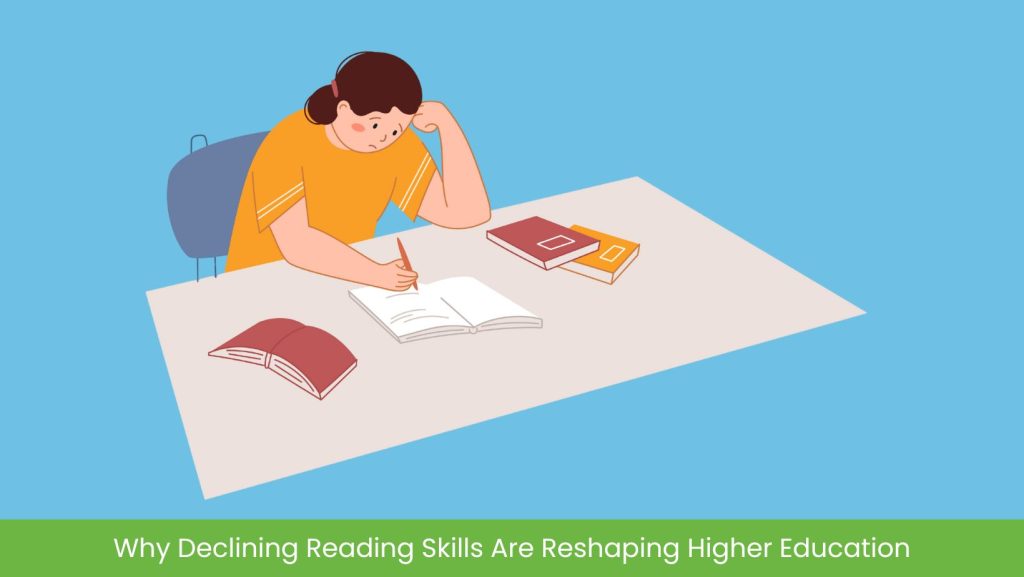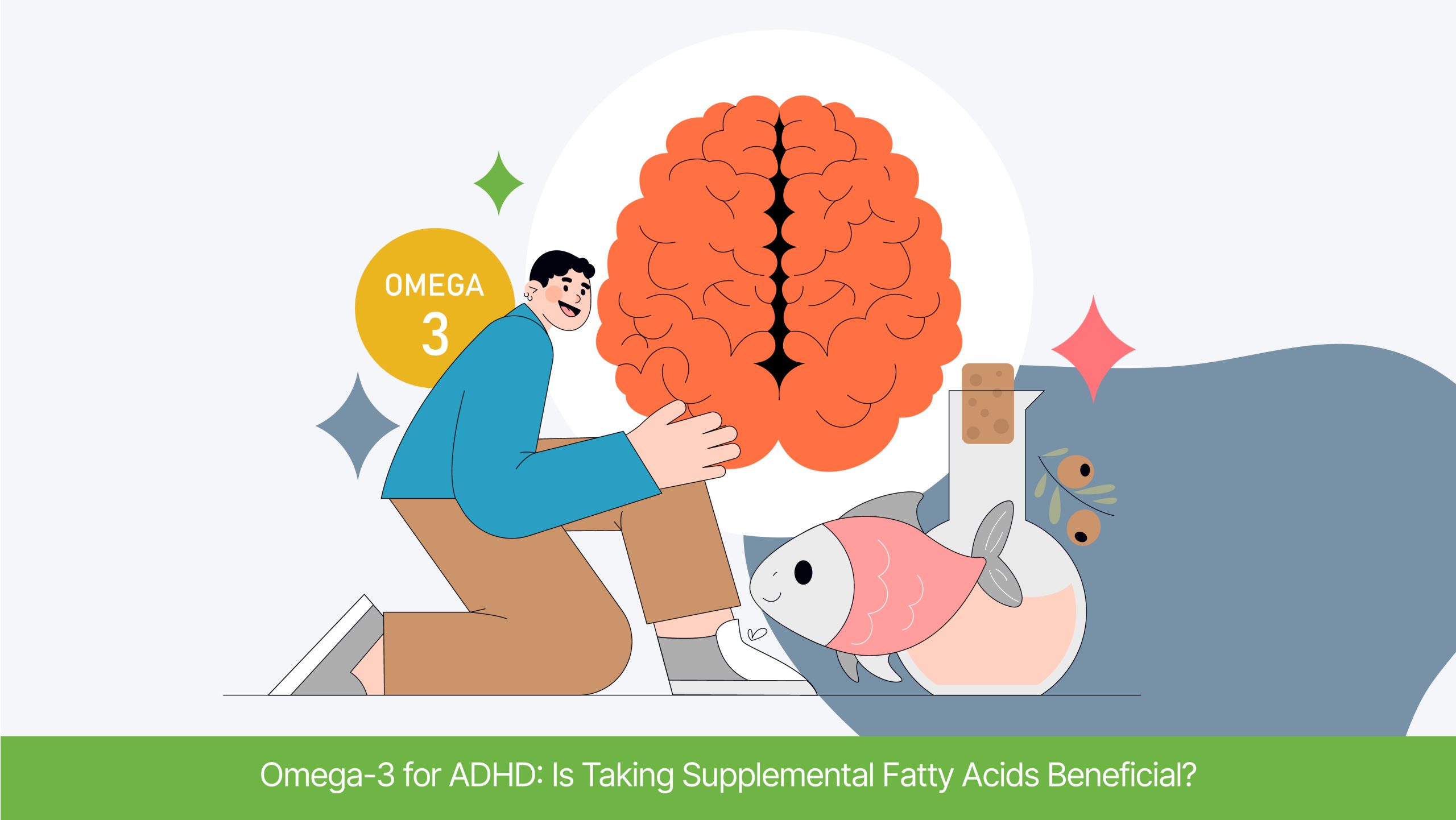Universities across Canada are facing an unsettling reality: Many students arrive on campus without the reading stamina, fluency, or critical analysis skills once assumed at the postsecondary level. A recent University Affairs article, “For Whom the Book Tolls,” highlights how declining reading levels are reshaping how faculty teach, especially in humanities and English departments. What was once a given—that students could complete and analyze large volumes of reading—is no longer guaranteed.
At Evoke Learning, we believe a conversation about this situation is vital, not only for universities but also for families who want to ensure strong foundations for their students before they embark on higher education.
How Are Reading Expectations Changing in University Classrooms?
According to Canadian faculty interviewed for the article, professors can no longer assign as much reading as in past decades without overwhelming students. Instead, they are:
- Reducing workloads by assigning fewer or shorter texts
- Mixing media by pairing novels with films or combining long works with shorter articles
- Introducing preparatory courses in methodology and critical reading to help scaffold student skills before tackling more advanced material
These adaptations reveal a troubling truth: Universities are no longer just teaching content but also compensating for gaps in foundational literacy skills.
The Data Behind the Decline
This is not anecdotal. The C.D. Howe Institute has documented a long-term decline in Canada’s PISA reading scores, which measure 15-year-olds’ literacy across developed countries. Canadian students are not reading as well, or as much, as previous generations.
The 2022 Ontario Human Rights Commission’s Right to Read report found that in Ontario, more than one-quarter of Grade 3 students and more than half of students with special education needs were not meeting provincial reading expectations. These figures align with Canada’s downward trend in PISA reading scores, confirming that literacy challenges are systemic rather than isolated.
Experts point to decades of reliance on “whole language” and “balanced literacy” approaches in elementary and secondary schools. While well-intentioned, these methods often emphasized guessing words from context instead of teaching systematic decoding skills. The result: Many students became compensating readers, relying on memory, context clues, or surface comprehension strategies rather than fluent, automatic reading.
The Right to Read report confirmed these concerns. After an extensive inquiry into literacy outcomes across Ontario’s publicly funded schools, the commission concluded that the widespread use of “balanced literacy” and cueing systems—where students are encouraged to guess words from context, pictures, or first letters—failed to teach many children how to read proficiently. The report found that a significant proportion of students, particularly those with reading disabilities, were not learning to read at grade level because they were not being taught phonics and other foundational decoding skills explicitly and systematically.
Why Can’t Universities Fix This Alone?
Universities are adjusting syllabi, scaffolding assignments, and lowering reading volume, but they cannot repair decades of weak literacy instruction. By the time students arrive at university, their reading habits and skills are deeply ingrained. According to the Right to Read report, early reading difficulties have lifelong consequences, and students who do not become fluent readers by the end of Grade 3 are at much higher risk of falling behind in all academic areas, experiencing mental health challenges, and facing barriers to postsecondary education and employment. These findings underscore why universities are seeing students who can comprehend surface meaning but struggle with dense, discipline-specific texts. Without intervention, students risk falling behind academically and professionally, struggling with the demands of higher education and workplace communication.
As the University Affairs article notes, the move toward structured literacy in K–12 schools is promising, but this transition is gradual. Meanwhile, we already have entire cohorts of young adults in university who are struggling to keep up.
Where Evoke Learning Comes In
This is where Evoke makes a difference. While universities adjust expectations, we help students build the actual skills they need to thrive.
Our Reading Remediation Program is grounded in structured literacy and evidence-based methods that strengthen decoding, fluency, and comprehension. We work with students— whether in high school preparing for postsecondary, or already in university—who are compensating readers. Our goal is not just to help them “get through” a course, but to equip them with lifelong reading strategies that support academic success and career readiness.
Unlike universities, which can only mitigate the problem, Evoke offers direct intervention, including:
- Personalized assessment to identify gaps in reading fluency and comprehension
- One-to-one tutoring using structured literacy approaches, and
- Ongoing coaching and feedback to develop confidence and independence.
Why Does This Matter for Parents and Students?
For parents, this should serve as both a warning and a call to action. Universities are lowering expectations not because the material is less valuable, but because they must meet students where they are. But lowering expectations comes at a cost: Students may graduate without the depth of reading, analysis, and writing skills once assumed of degree-holders.
For students, struggling to keep up with university reading lists is not a reflection of intelligence; it’s a reflection of systemic gaps in earlier instruction. The good news is that these skills can be built at any stage.
The Bottom Line
The decline in reading proficiency has reshaped Canadian classrooms from elementary school through university. While structural reforms in K–12 are slowly taking root, students currently in postsecondary education—and those about to enter—need support now.
At Evoke, we’re committed to filling this gap. Our Reading Remediation Program is designed to help compensating readers become confident, capable learners who can meet the demands of higher education and beyond.
If you or your student are finding university reading overwhelming, you are not alone. Learn more about our Reading Remediation Program and how we can support your journey toward stronger literacy and academic success.

